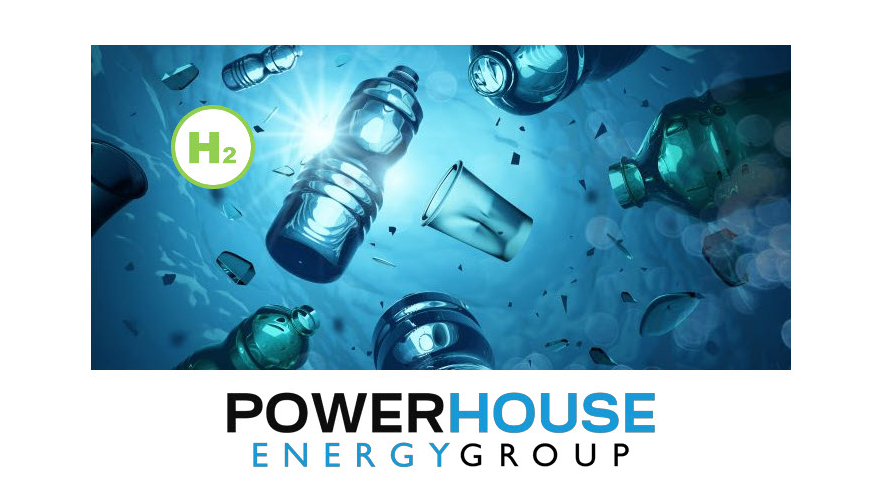
- University of Manchester receives government funding on recovery of hydrogen.
Powerhouse Energy Group Plc (AIM: PHE), a company pioneering integrated technology that converts non-recyclable waste into low carbon energy, is pleased to report research funding granted to The University of Manchester in the development and validation of a novel, cost effective and potentially game-changing hydrogen separation technique that extracts hydrogen from synthesis gas (“syngas”) produced by PHE’s DMGâ process.
A team of researchers at the University, led by Dr Amir Keshmiri has received government funding to work with PHE to undertake the project, which is initially funded by the EPSRC Impact Acceleration Account grant. The objective of the work is to enable and encourage swifter adoption of local, cleaner, low carbon energy, addressing the growing unrecyclable waste issue whilst working within the existing waste hierarchy framework. Any commercialisation of the project would directly support achieving the UK Government’s Low Carbon Hydrogen Strategy target of 5GW of installed capacity by 2030.
Paul Emmitt, Chief Operating Officer and Executive Director of PHE, commented:
“The project will allow PHE to edge closer to overcoming significant cost barriers through innovation to deliver the next generation of cleaner energy technology. The pioneering technique, if commercialised, would enable the faster rollout of low carbon hydrogen. The project has the potential to significantly reduce the cost of hydrogen extraction from syngas.”
Dr Amir Keshmiri, Associate Professor
“The collaboration with PHE allows The University of Manchester to be at the forefront of high-impact, game-changing technology development within the emerging clean hydrogen energy sector – also allowing the academic team to capitalise on the bespoke hydrogen models developed to a wider audience.”
Keith Riley, Interim Chairman and Acting Chief Executive Officer of PHE, commented:
“I am particularly pleased to hear that the research application has been funded. There is strong competition for academic research funding, and this shows that the production and utilisation of hydrogen as our future source of energy is being taken seriously. I also fundamentally believe in industry working with and supporting academia, as this is essential for the future development of not just PHE, but British industry in general. The University of Manchester has been assisting PHE in our technical development and I look forward to continuing this relationship.”
About Powerhouse Energy Group plc
Powerhouse Energy has developed a process technology which can utilise waste plastic, end-of-life-tyres, and other waste streams to convert them efficiently and economically into syngas from which valuable products such as chemical precursors, hydrogen, electricity, heat and other industrial products may be derived.
Powerhouse Energy’s process produces low levels of safe residues and requires a small operating footprint, making it suitable for deployment at enterprise and community level.
Powerhouse Energy is quoted on the London Stock Exchange’s AIM Market under the ticker: PHE and is incorporated in the United Kingdom.
For more information see www.powerhouseenergy.co.uk
Read the most up to date Fuel Cell and Hydrogen Industry news at FuelCellsWorks




